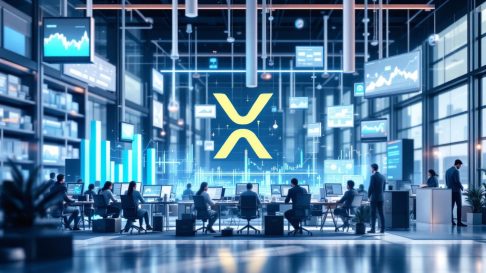Published: November 18, 2024 at 6:46 am
Updated on June 09, 2025 at 7:03 pm




I just read about how Australia has officially classified Bitcoin as an asset and not a currency. This got me thinking about all the implications this has for those of us in the crypto space. I mean, Bitcoin’s classification seems to be a hot topic around the world and it definitely affects how we trade and invest.
It’s interesting to see how different countries view Bitcoin. In the U.S., it seems like there’s a bit of a patchwork situation going on. The SEC doesn’t consider Bitcoin a security (thank god), but the CFTC has labeled it as a commodity. Then there’s Australia, where officials have made it clear they don’t think it’ll fit into their economy anytime soon. Reserve Bank President Michele Bullock even said it can’t be integrated into local payment systems.
This kind of classification can really affect things like tax treatment and regulatory oversight. If you’re trading cryptocurrencies, knowing whether your country thinks they’re assets or currencies is pretty important.
From an accounting standpoint, Bitcoin is treated as an intangible asset under U.S. GAAP, which is kind of wild when you think about it. There’s new guidance that requires companies to measure crypto at fair value, which means companies holding Bitcoin are in for some interesting financial reporting challenges—especially given its notorious volatility.
Imagine being a CFO and having to explain that one!
Bitcoin’s status as an “asset class” also changes how people invest in it. It’s becoming clearer that institutional investors are starting to see Bitcoin as a legitimate part of their portfolios—kind of like gold but digital and way more volatile.
But let’s be real here: volatility can be both our best friend and worst enemy in this game we call cryptocurrency trading. One minute you’re up 20%, the next you’re down 30%. It keeps things exciting… or terrifying depending on your risk tolerance.
And then there’s the ‘greater fool theory’ that was mentioned by Joe Longo from ASIC. Basically, it’s this idea that you can buy overvalued assets with the hope that someone even more foolish will come along to pay an even higher price for them.
I mean, isn’t that what most bubbles are? And cryptocurrencies might just be one big speculative bubble according to some economists out there.
So what does all this mean for us traders? Well, if you’re new to cryptocurrency trading, understanding these dynamics is crucial before diving headfirst into this volatile market.
Crypto trading experts suggest diversifying your portfolio—mixing traditional assets with cryptocurrencies might help cushion some blows during those wild price swings. And let’s not forget about good old risk management; setting stop-loss levels could save your ass one day!
In summary, Australia’s classification of Bitcoin as an asset isn’t just some bureaucratic footnote; it has real implications for those dealing in cryptocurrency. Whether you’re a seasoned pro or just starting out, understanding these classifications could give you an edge—or at least keep you from getting wrecked!
Access the full functionality of CryptoRobotics by downloading the trading app. This app allows you to manage and adjust your best directly from your smartphone or tablet.


News
See more







Blog
See more






